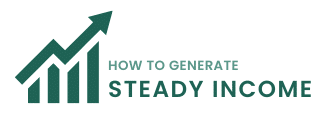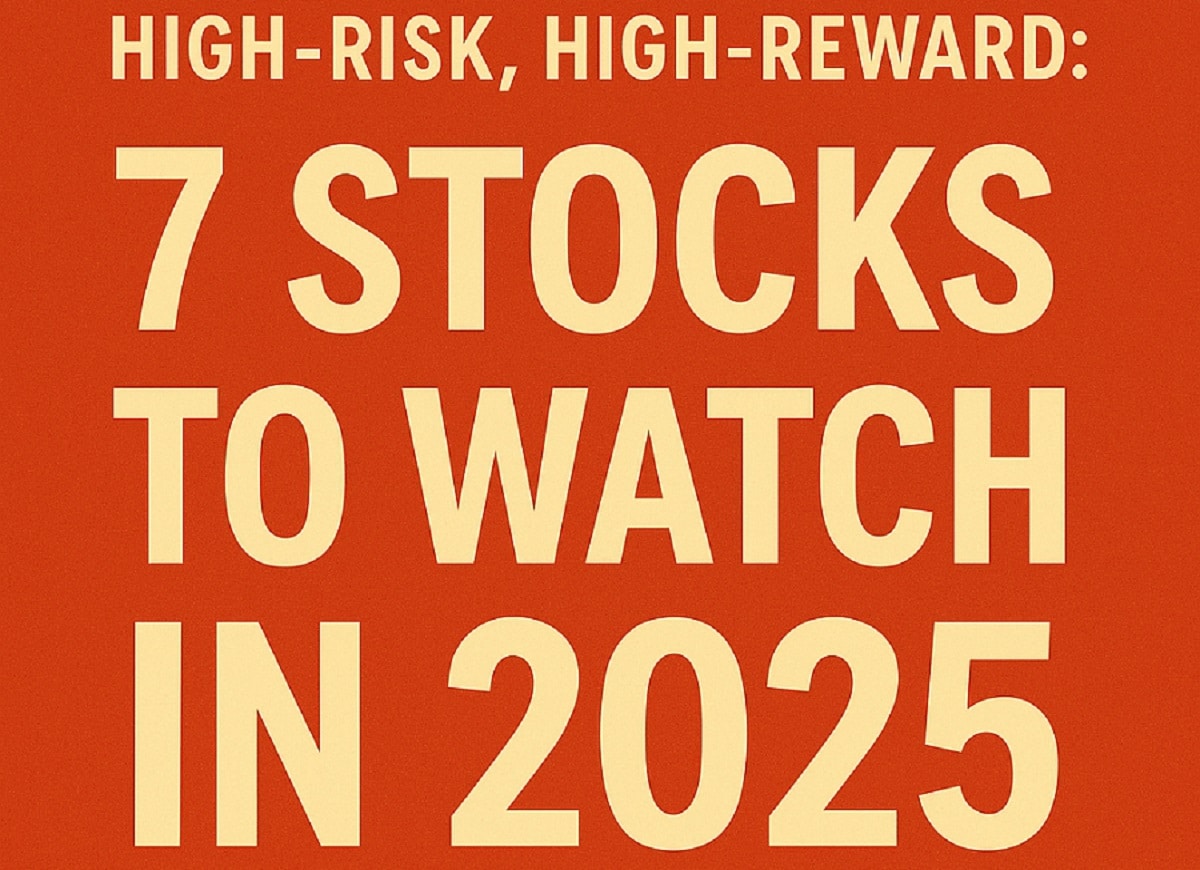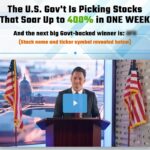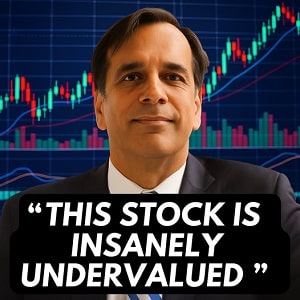Shell ramps up oil production in Gulf and Brazil, while Dimon flags recession risks from tariffs. Tolebrutinib shines for MS, and tech faces tariff woes.
Market-Moving News
Energy
Shell Has Started Production At Dover Region
Shell has just started pumping oil and gas from its new underwater Dover site in the Gulf of Mexico, roughly 170 miles off the coast of New Orleans. Discovered back in 2018, the field is now hooked up to Shell’s existing Appomattox platform by a 17.5-mile pipeline.
The company says Dover could churn out up to 20,000 barrels of oil equivalent every day and estimates the site holds around 44.5 million barrels of recoverable oil and gas. Shell owns the whole operation and claims this project fits its plan to squeeze more value out of deep-water fields while cutting carbon emissions in the Gulf.
Meanwhile, Shell’s been pushing its eco-friendly angle, boasting it has some of the lowest greenhouse gas emissions in the global oil industry.
But it’s not just the Gulf of Mexico getting attention—the company’s also expanding in South America. Alongside partners Ecopetrol and TotalEnergies, Shell greenlit the Gato do Mato project in Brazil’s Santos Basin. That operation plans to use a high-tech floating rig to pump up to 120,000 barrels of oil daily. Together, these projects show Shell’s doubling down on deep-water drilling across the Americas, balancing bigger outputs with promises of cleaner tech.
Recommended:
 Introducing a “Magic Calendar” for Stocks
Introducing a “Magic Calendar” for Stocks
You’re invited to beta test a powerful new calendar for today’s tricky market. It shows you when the biggest stock jumps could occur – to the DAY – with 83% backtested accuracy. In 2024 alone, it would’ve pointed to gains of 250% in 38 days on (TTWO)… 101% in 10 days on (WSM)… 353% in 48 days on (AON) and more in studies.
Try it yourself – right now – on 5,000 stocks.
Financial Services
US Recession is Possible Says JP Morgan CEO Jamie Dimon
JPMorgan Chase CEO Jamie Dimon has raised concerns about a potential US recession, calling it a “likely outcome” due to the economic uncertainty sparked by President Trump’s tariffs.
In a Fox Business interview, Dimon admitted the bank’s still crunching the numbers but warned markets could “freak out” if trade tensions keep escalating. This isn’t new—he’d already flagged in his shareholder letter that tariffs might spike short-term inflation and stall growth. But his latest take suggests the poor market situation is near.
Dimon didn’t stop there—he also spotlighted cracks in credit markets. So far, corporate defaults haven’t exploded, but he’s bracing for pain as rising rates, sticky inflation, and widening credit spreads create pressure in the markets. That’s putting the banking system under strain, which could spark more defaults and put brakes on economic growth. The fallout’s already visible: IPO plans and big mergers are getting shelved, while bond markets are in chaos. His comments reflect a growing sense of caution as JPMorgan prepares to report its first-quarter earnings, with Wall Street closely monitoring the economic fallout from trade policies and rising credit concerns.
Healthcare
Tolebrutibinb is the first BTK Inhibitor for Progressive MS Treatment
At the 2025 American Academy of Neurology (AAN) conference, Sanofi made waves with new data on tolebrutinib—a drug that could be the first of its kind approved for progressive multiple sclerosis (MS).
The spotlight was on the HERCULES trial, where the Bruton’s tyrosine kinase (BTK) inhibitor delayed disability progression by 31% over six months compared to a placebo in patients with non-relapsing secondary progressive MS (nrSPMS). It also slashed the rate of new brain lesions by 38%, hinting at neuroprotective benefits. But there’s a catch: the drug flopped in trials for relapsing MS (RMS), failing to beat teriflunomide at reducing flare-ups. Sanofi’s now pivoting its focus to progressive MS, including ongoing studies for primary progressive MS (PPMS).
Safety-wise, tolebrutinib’s profile looks mostly clean, though some safety flags popped up (like elevated liver enzymes). The race is heating up, though—competitors like Roche’s fenebrutinib, Novartis’ remibrutinib, and InnoCare’s orelabrutinib are all racing to develop similar BTK inhibitors. But Sanofi’s got a shot at being first to market, especially since there’s still no treatment targeting disease progression in MS, not just relapses. The FDA’s fast-tracking its review, with a decision expected by September 28, 2025. If approved, tolebrutinib could offer a lifeline for progressive MS patients, tackling the slow grind of disability that current therapies don’t address.
Industrials
EnergysGroup is going to Acquire 49% Stake in an Energy Services Company
Energys Group Ltd just inked a preliminary agreement to snap up a 49% stake in Hong Kong-based Energys Spectrum Limited, a firm that helps businesses and governments cut energy use, slash carbon footprints, and lower operating costs. The non-binding deal, announced today, would give Energys Group a bigger slice of the energy-efficiency market in Hong Kong and Macau, where Energys Spectrum already operates as its exclusive partner.
Energys Spectrum specializes in retrofitting older infrastructure—think HVAC systems, lighting, and industrial equipment—with greener tech. As the go-to licensee for Energys Group in the region, it sources energy-saving products directly from the parent company’s subsidiaries and markets them to clients.
The acquisition isn’t a done deal yet. Final terms depend on due diligence and ironing out a binding agreement. Energys Group has already put down a refundable $5.5 million deposit as a show of commitment.
If completed, the acquisition is expected to enhance Energys Group’s market presence in Hong Kong and Macau, offering the company a stronger foothold in the region’s growing energy efficiency and decarbonization sectors. The deal is anticipated to improve profitability through higher margins from product sales and solutions to Energys Spectrum. Michael Lau, Executive Director and Chief Technology Officer of Energys Group, expressed optimism about the acquisition, noting that it could boost the company’s brand profile and deliver financial returns through increased product adoption and value chain consolidation. This move is seen as part of Energys Group’s broader strategy to accelerate regional decarbonization efforts and expand its business.
Tech
Recent Tariffs by Trump are Weighing Heavy on the Electronics Industry
Analysts are sounding the alarm that Trump’s 104% tariffs on Chinese goods could trigger “demand destruction” across the tech sector, hitting giants like Apple and Nvidia. With import costs skyrocketing, companies are expected to pass those price hikes straight to consumers and businesses—think pricier iPhones, laptops, and AI chips. The result? A sharp drop in demand for high-end gadgets, as buyers balk at inflated costs. Some experts warn this could freeze corporate IT budgets for years, with businesses delaying upgrades or new projects to save cash.
The pain isn’t limited to device makers. Chip suppliers are also sweating as orders slump for semiconductors used in everything from smartphones to servers. The U.S. tech market, which drives a third of global hardware sales, is especially vulnerable because it’s dominated by premium products. Analysts estimate tariffs could push prices up 30% for some items, squeezing both consumers and enterprise buyers. While bulls still tout Apple and Nvidia as long-term winners (thanks to their market dominance and AI growth), the short-term outlook is murky. Between tariff-driven sticker shock and recession fears, the tech sector could be in for a tough ride.
Metals
GivBux to Acquire Charter House and Launch $50M Gold-Backed Expansion
GivBux, Inc. has announced its plans to acquire Charter House, LLC, a company specializing in gold-based financial services, marking a strategic expansion into the gold-backed financial sector. The acquisition, detailed in a non-binding Letter of Intent, will see Charter House receive 1 million shares of GivBux common stock, with additional shares contingent on revenue milestones post-closing.
Following the transaction, GivBux intends to raise $50 million through a preferred stock offering to fund Charter House’s operations, including wholesale gold sales and the minting of proprietary coins like the “Freedom Round.” The offering will also support the issuance of gold-backed credit cards, which aim to provide global financial freedom for individuals.
Umesh Tim Singh, President of GivBux, expressed enthusiasm about the acquisition, highlighting the strategic opportunity it presents for GivBux to diversify into the gold-backed services industry. The deal is expected to create synergies between both companies and strengthen their position in the financial services sector.
As part of the preferred stock offering, Charter House will receive a portion of the securities and retain 80% of the voting rights, further aligning their interests. The transaction is still subject to regulatory approvals and other closing conditions, with the deal anticipated to enhance GivBux’s growth prospects in the global financial market.
Recommended:
 Trump Orders New Wealth Fund for America
Trump Orders New Wealth Fund for America
Did you catch the news? Recently, Trump’s Treasury Secretary let slip: “We’re going to monetize the most valuable asset of the United States.”
What did he mean, exactly? As you’ll see, Trump could soon unleash a massive new boom in America. One that could dwarf the rise of crypto and NVIDIA, combined.
Former Presidential Advisor, Jim Rickards says: “We’re talking about a state asset that’s so large – if you divide the figure by the number of households in America, it’d be enough to make every family millionaires.”
For the full story, click here.
Everything Else:
- European stocks closed sharply lower on Wednesday
- US president says ‘BE COOL’ as global markets plummet
- US stocks steady despite jitters
- Britain’s long-term borrowing costs shot to a 27-year high
- President Trump imposed a 104 percent tariff on Chinese goods
- Crypto Market Tumbles
- Great time to move companies to the US’ says Trump
- Bitcoin Volatility Beats Yearly Average
That’s all for today. Thank you for reading.
FAQ: Key Updates from Energy, Finance, Healthcare, Industrials, Tech, and Metals Sectors
What is Shell’s new Dover project in the Gulf of Mexico?
Shell has started oil and gas production at its Dover site, located 170 miles off New Orleans in the Gulf of Mexico. Discovered in 2018, it’s connected to the Appomattox platform via a 17.5-mile pipeline. The site could produce up to 20,000 barrels of oil equivalent daily and holds an estimated 44.5 million barrels of recoverable resources. Shell wholly owns the project and says it aligns with its goal of maximizing deep-water value while reducing carbon emissions.
Why is Jamie Dimon warning about a US recession?
JPMorgan Chase CEO Jamie Dimon has expressed concerns about a potential US recession due to economic uncertainty from President Trump’s tariffs. He noted that escalating trade tensions could spike inflation, stall growth, and cause market panic. Dimon also highlighted stress in credit markets, with rising rates and credit spreads potentially leading to more corporate defaults, which could further slow economic growth.
What makes tolebrutinib a significant development for multiple sclerosis (MS) treatment?
Tolebrutinib, developed by Sanofi, is the first Bruton’s tyrosine kinase (BTK) inhibitor showing promise for progressive multiple sclerosis (MS). The HERCULES trial demonstrated a 31% delay in disability progression and a 38% reduction in new brain lesions for non-relapsing secondary progressive MS patients. While it failed in relapsing MS trials, its focus on progressive MS, with FDA fast-track review expected by September 28, 2025, could make it a groundbreaking treatment.
What is Energys Group’s planned acquisition, and what does it mean for their business?
Energys Group Ltd has signed a preliminary agreement to acquire a 49% stake in Energys Spectrum Limited, a Hong Kong-based energy efficiency firm. This move strengthens Energys Group’s presence in Hong Kong and Macau, where Energys Spectrum retrofits infrastructure with green technology. The deal, pending final terms and due diligence, aims to boost profitability and support regional decarbonization efforts.
How are Trump’s tariffs affecting the tech industry?
President Trump’s 104% tariffs on Chinese goods are raising costs for tech giants like Apple and Nvidia, likely leading to higher prices for consumers and businesses. Analysts warn of “demand destruction” as buyers resist pricier electronics, potentially freezing corporate IT budgets and reducing demand for semiconductors. This could create short-term challenges for the tech sector, despite long-term optimism for market leaders.
What is GivBux’s acquisition of Charter House, and what are their plans?
GivBux, Inc. plans to acquire Charter House, LLC, a gold-based financial services company, to expand into gold-backed financial products. Post-acquisition, GivBux aims to raise $50 million via a preferred stock offering to fund Charter House’s operations, including wholesale gold sales, minting proprietary coins, and issuing gold-backed credit cards. The deal, still subject to approvals, is expected to enhance GivBux’s growth in the financial sector.
What is Shell doing in Brazil’s Santos Basin?
Shell, with partners Ecopetrol and TotalEnergies, has approved the Gato do Mato project in Brazil’s Santos Basin. This deep-water operation will use a high-tech floating rig to produce up to 120,000 barrels of oil daily, reinforcing Shell’s focus on expanding deep-water drilling in the Americas while promoting cleaner technology.
Are there safety concerns with tolebrutinib for MS treatment?
Tolebrutinib’s safety profile is generally positive, but the HERCULES trial noted some concerns, such as elevated liver enzymes in patients. Sanofi is addressing these as they push for FDA approval, while competitors like Roche, Novartis, and InnoCare also develop similar BTK inhibitors, intensifying the race for a safe and effective MS treatment.
How might tariffs impact the broader economy beyond tech?
Beyond tech, tariffs could drive inflation and disrupt markets, as Jamie Dimon warned, potentially leading to a recession. The article notes broader effects like shelved IPOs, chaotic bond markets, and Britain’s rising borrowing costs. Global markets are also reacting, with European stocks dropping and crypto markets tumbling, reflecting widespread economic unease.
Why is the acquisition of Energys Spectrum significant for Hong Kong and Macau?
Energys Spectrum’s work in retrofitting infrastructure with energy-efficient technology aligns with Hong Kong and Macau’s growing focus on sustainability. By acquiring a 49% stake, Energys Group strengthens its market position, potentially increasing product sales and profitability while supporting regional efforts to reduce carbon footprints and operational costs.
































